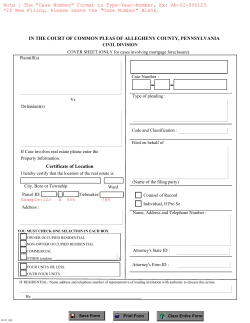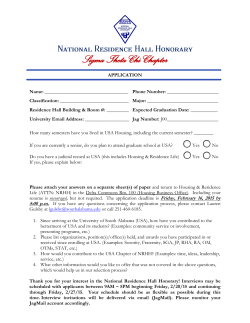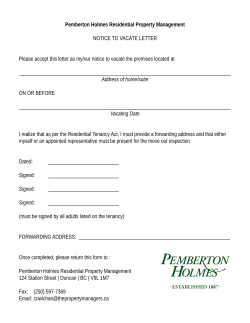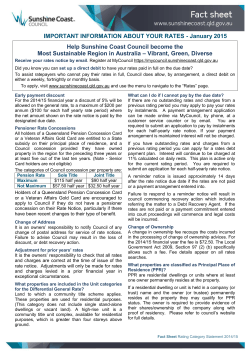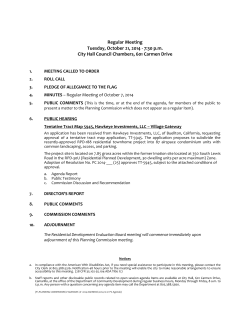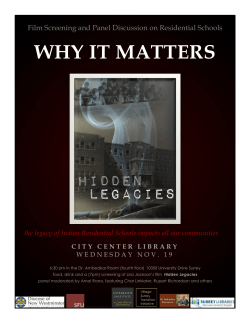
Section 30.00 - Dean of Students
30.00 POLICY ON SPEECH AND ADVOCACY Free Speech Statement Freedom of thought, inquiry, speech and lawful assembly are fundamental rights of all persons. These rights include the freedom to express opinions; to hear, express and debate various views, no matter how unpopular; and to voice criticism. Free speech is uniquely important to the University as it brings about a free interchange of ideas integral to the University’s fundamental mission of teaching, research and public service. All sworn personnel are bound by law to protect the Constitutional rights of all persons including the rights of free speech and assembly. Protests and civil disobedience have played an historic role on the University campuses and in bringing important and beneficial changes within society and in the development of our democracy. However, civil disobedience is not protected speech under the U.S. or California Constitutions. The Constitution does not guarantee any right to engage in civil disobedience – which, by its very definition, involves the violation of laws or regulations – without incurring consequences. Civil disobedience may have a negative effect on the protected interests of others and may interfere with University business, threaten public safety, or University assets, in ways that require the University to act to protect those other interests. 30.10 The University is committed to assuring that all persons may exercise the constitutionally protected rights of free expression, speech, assembly, and worship. 30.20 It is the responsibility of the Chancellor to assure an ongoing opportunity for the expression of a variety of viewpoints. 30.30 The time, place, and manner of exercising the constitutionally protected rights of free expression, speech, assembly, and worship are subject to campus regulations that shall provide for non-interference with University functions and reasonable protection to persons against practices that would make them involuntary audiences or place them in reasonable fear, as determined by the University, for their personal safety. 30.31 Time, Place and Manner: UC may regulate the time, place, and manner of speech. In public forums the regulations must be content neutral, narrowly tailored to serve a significant interest and leave open ample alternative channels of communication (e.g., time of day restrictions, location limits, preservation of access or traffic flow, limits on amplified sound). 30.32 Forums: The right to use particular locations at UC campuses for speech activities is largely a function of the character and/or location of the property where the speech occurs. The broadest rights are in areas that are open to the public, traditionally used for or intentionally opened to expressive activities, and not limited to use for specific purposes or topics (“public” or “traditional” forums). Rights are much narrower in other locations such as but not limited to lecture halls, classrooms or business offices (“non-public forums”) 30.33 Disruptive Behavior: The Student Code of Conduct sections 102.13-102.16 govern the University response to disruptive behaviors. 30.40 The University recognizes, supports, and shall not abridge the constitutional rights of faculty, students, or staff to participate, either as individuals or as members of a group, in the political process of supporting candidates for public office or any other political activity. 30.41 Advocacy Activities In Residential Facilities. For security purposes, residential facilities are not considered public areas. They are not accessible to members of the general public unless invited as guests with the express consent of a residential facility resident, as outlined in the Terms and Conditions of Housing (Housing Contract). Neither commercial solicitation nor commercial literature distribution is permitted by residents or non-residents in any residential unit. For a definition of commercial versus non-commercial activity please see Section 42.32. Only current residents of a particular hall (i.e., residence halls in Cowell, Crown, Merrill, Oakes, Porter, Stevenson, Colleges Eight, Nine and Ten, the University Town Center and the Village), may distribute non-commercial literature or solicit for non-commercial purposes —including religious or political materials—to other residents of their own residence hall, except voter registration activities which are covered separately under Section 42.50. 30.42. Solicitation or Distribution includes but is not limited to notices placed outside of or slipped under individual rooms, or "door hanger" announcements slipped over door handles. Solicitation or Distribution does not include affixing notices to individual room doors or other areas of the residence hall except for designated posting locations. The clips for affixing materials located next to the doors at Family Student Housing are for official University postings only. With respect to apartments such as those at Family Student Housing and Graduate Student Housing and the units at the Camper Park, Cowell, Stevenson, CrownMerrill, Colleges 9 and10, Porter, Kresge, Oakes and College 8 which are accessible directly by members of the general public, noncommercial solicitation and distribution of literature is permitted in the forms indicated above. Public access to the general campus is outlined in section 40.12. 30.43 All campus regulations regarding speech and advocacy shall be consistent with Section 40.00 of these Policies.
© Copyright 2025
